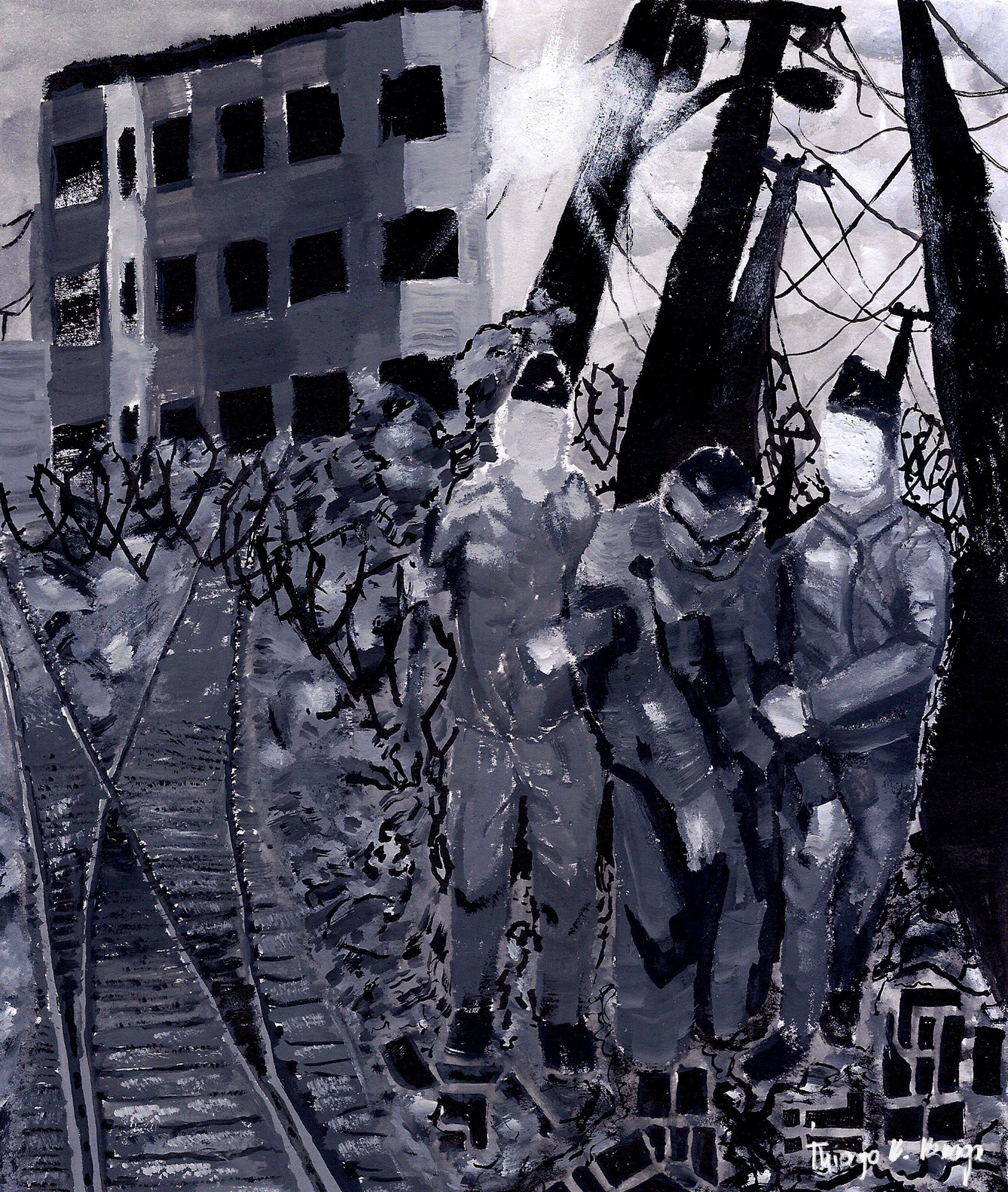Narrativa angolana e moçambicana: desfazendo fronteiras hegemônicas
Abstract
Mozambican and Angolan narratives are analyzed, as resistance projects and demonstrations against neoliberal globalization spurred by the universal canonical system. Developing a comparative analysis between hegemonic thinking and African narratives in Portuguese as a synonym for resistance, the objective is to investigate elements that reveal a rupture with the western colonial literary canon based on concepts such as Bloomoldian (2001) that excludes / represents history and African culture. It focuses on literary discourse, as a representative space in the illustration of hegemonic clashes, exclusion from the processes of identity formation and possibilities of resistance, starting from the local subject. Based on Schmidt (2017), Coutinho (2003), Eneida Souza (2007), Hall (2008), which erase thoughts permeated by authority and violence, a counter-appeal reading in response to the exploitation and oppression suffered under colonial rule. The corpus is formed by the short stories Mestre Tamoda From The Book Mestre Tamoda And Other Short Stories (1984) by Uanhenga Xitu, Angolan, and Nós Matamos o Cão Tinhoso of the work with the same title ([1964] 2014) by Luís Bernardo Honwana, Mozambican. In this context, the possibility of multiple identities in constant displacement and the study of the western canon are reaffirmed, as a possibility to discuss and question their criteria and strategies for the exclusion of minorities.







